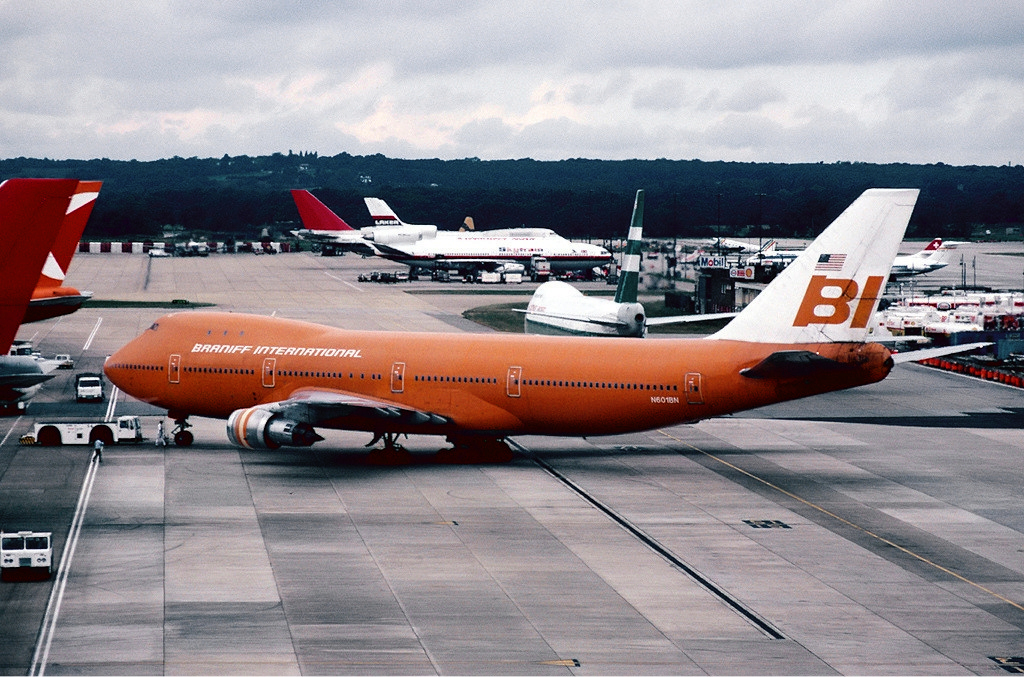Some time before the meeting in which the Flex management announced they were looking for a buyer, they hired a guy as vice president of operations. Al Frink had left by this time.
The new guy had a pilot meeting and he was promoting a fuel savings program. He was a little on the stout side, with no neck. Some one said he looked like Jabba the Hutt from the Star Wars movies. That is what we all called him from then on.
Jabba had a pilot meeting soon after his arrival. Remember that these meetings are always held to convince employees to do something they probably don't want to do.
At this meeting, Jabba told us he wanted to initiate a fuel savings program and the primary tool was going to be to try to reduce the fuel loads. The theory was that excess fuel was excess weight and it cost fuel burn to carry excess fuel. If you have been with me since the beginning, you know how dumb this idea was. We were flying this plane to its range limits and the airplane was not being maintained to the highest possible standard. You also know we had a fuel burn incentive program that created safety and maintenance issues and had to be discontinued.
I got the protest started by pointing out all those facts. I also said that the only way we could save fuel was to do things like rigging the flight controls properly, assuring that the gear doors closed completely and fixing the seals on the cabin entry doors. You could see daylight through the cracks. All of these thing were creating drag. It also wouldn't hurt to wash them once in a while.
Soon the other pilots jumped in and you could see on Jabba's face that he knew he was losing this argument. We were not going to accept lighter fuel loads. We knew we were already at the minimum on that.
That must have been all Jabba had up his sleeve, because he did not hang around very long. He moved on to another galaxy in a few months.
This story and many of the others show the power that pilots have in an airline or any airplane company. They are the final line of safety. All the other people involved in the flying of airplanes, owners, passengers, mechanics and even flight attendants have other interests that may conflict with safety. It is up to pilots to stand up to all the pressures which may be applied. They are backed up by the regulations and the Federal Aviation Administration. However, if they make a stand, they have to be certain that they are correct.


